Giurisprudenza
Towards a sustainable agrifood system: legal tools for the development of
European agrifood supply chain
The research project identifies the legal instruments for the implementation of the “sustainable food
system” in the light of the CAP reform 2023-27 that has accentuated the aspects of sustainability in
the governance of the agri-food supply chains and the Italian National Recovery and Resilience
Plan. The research aims to adapt the regulation of the agri-food chain and the regulation of the
marketing of food to the objectives of sustainable development, to improve the competitiveness of
businesses and consumer awareness.
The project involves lawyers, in collaboration with economists, life-scientists and most important
stakeholders of the agrifood system, aiming at a comprehensive and systematic legal analysis
concerning all the aspects of the food chain governance.
Only taking into account of the entire legal framework governing the agri-food chain, from
agricultural and food production to the marketing of food to consumers, makes it possible to
achieve the objectives of sustainability, in its environmental, social and economic aspects. In order
to present useful results to policy makers and application solutions for practitioners, the research
therefore takes into account all aspects of the management of the supply chain.
The sustainability of the food system, also in terms of food security, starts from the need to ensure a
fair distribution of value in the supply chain, an adequate income for producers, the protection of
workers, using contractual instruments and soft law, measures to contrast unfair commercial
practices, promotional and fiscal measures. Efficiency in the use of resources and the reduction of
waste is then based on the legal application of the principles of the circular economy, for the
management of waste and by-products destined for reuse, through the analysis of incentives for
companies and contractual schemes to encourage the donation of unsold products to the most
deprived.
Particular attention will be paid to organic agricultural production, that received specific measures
in European and national agricultural policy and taken as a model of sustainability in the
agricultural sector starting from the Green deal.
The definition of a sustainable food system is completed by an analysis of the legal instruments to
guide consumers’ choices. New models of certification and communication of information to
consumers (including through the functions of new technologies based on distributed ledgers and
smart contracts) and the regulation of sustainable food labelling will be examined, having regard to
the rules of competition, transparency of information and the role of certification bodies, with
particular attention to nutrition claims on food, legal instruments to promote food education and the
dissemination of sustainable and healthy consumption patterns.
1) Università di Bari
2) Università di Firenze
3) Scuola Superiore Sant’Anna di Pisa
4) Università del Piemonte Orientale
5) Università del Molise: Lorenza Paoloni (Responsabile Unità); Renata Bracale; M. Beatrice Deli;
Stefano Masini; M. Rosaria Mauro; Federico Pernazza
